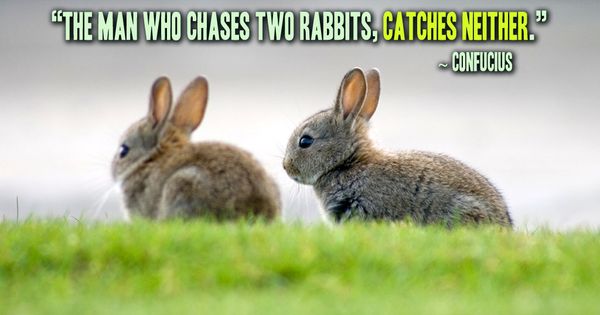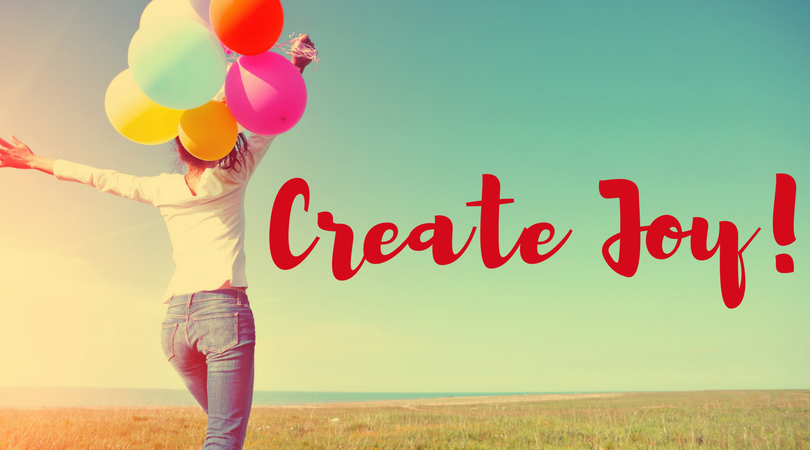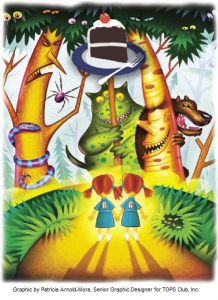 Did you read Henry Thoreau’s book, “Walden”? He is famous for the quote “Most men live lives of quiet desperation.”
Did you read Henry Thoreau’s book, “Walden”? He is famous for the quote “Most men live lives of quiet desperation.”
The quote comes from an essay on the pain he saw in most people’s lives. As a therapist, I see it too. It’s not the type of pain that comes from illness. That can strike any of us. It has more to do with good people doing the best they can but are stuck in a life where they aren’t terribly miserable but they aren’t very happy.
It feels like having a low-grade fever on the happiness scale. Thoreau wrote about people who worked all month to pay the bills with little to show for it. They worked in jobs that didn’t suit them. They had little beauty, humor, art or joy in their lives. He called it “settling” for less than life could be.
Thoreau, a keen observer, could see that people were bored and always looking for a temporary pleasure to distract them or make them feel happy for a moment. He wrote about people staying so busy with mundane tasks that they used up any time or energy they could have used to explore living a fuller life. This is the act of “desperation.”
This month, our culture’s distraction with the weather and storms made me think about these things again. Too often, we fall prey to the media’s desire to dazzle us with the bizarre that we forget to make the most of our own lives, here and now.
Of course, we are all fascinated by the unusual and the extraordinary. We live in a time when anything that happens, anywhere on earth, comes into our homes and shows up on our email and phones, in “real time.” Used appropriately, our access to instant communication is a wonderful thing! No one can deny that.
But don’t let the daily news plus your daily routine prevent you from expressing the highest and best that is in you. There will always be worries about the economy, politics or threats of war. They are not substitutes for living according to your highest ideals.
Every day we have a choice of how we want to live. Do you choose to worry about everything or build the life you really want? Do you expend enormous energy on problems “out there” or proactively plan and address the challenges of living the life you choose? No one will tell you how to use your time and talents. That’s for you to decide.
Would you choose to build memories with your children or focus on tragedy? Would you read the best books ever written or watch more TV. Would you build your business, develop your skills or fret about the economy? Would you sing and dance to your own music or download more iTunes?
Throughout history, most people have worked to survive. We now live in a time when we have the best education an resources. We can enjoy healthy meals, great music, conversation, and listen to the smartest people on earth, often in person! And yet we so often let it pass us by.
In the coming month, make the choice to live your own life, in your own way, as best you can. Do one new thing or do at least one thing differently. Spend one hour exploring the highest and best that is in you. Then, take a moment to reflect on how it impacts your life. I’d love to hear about that.










